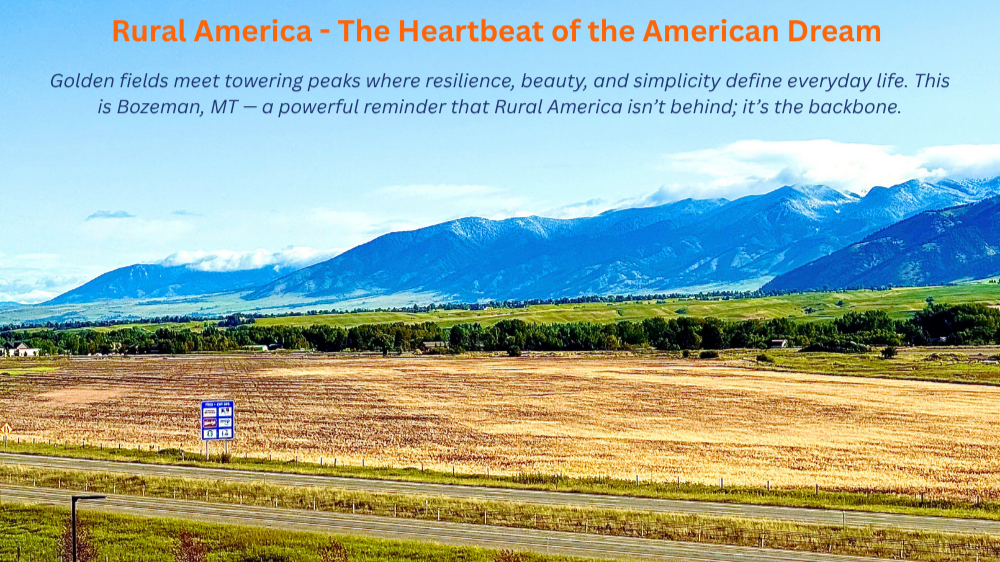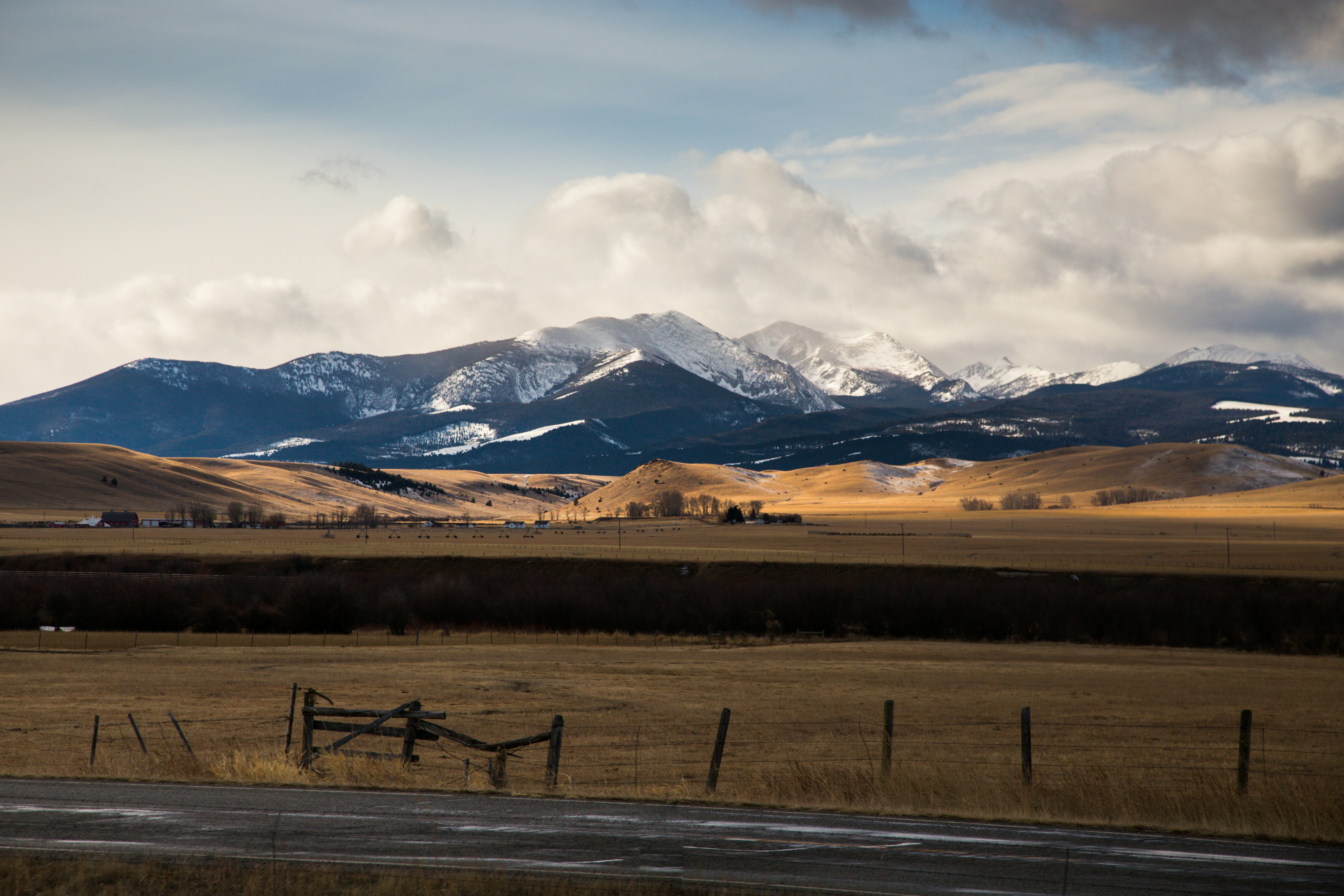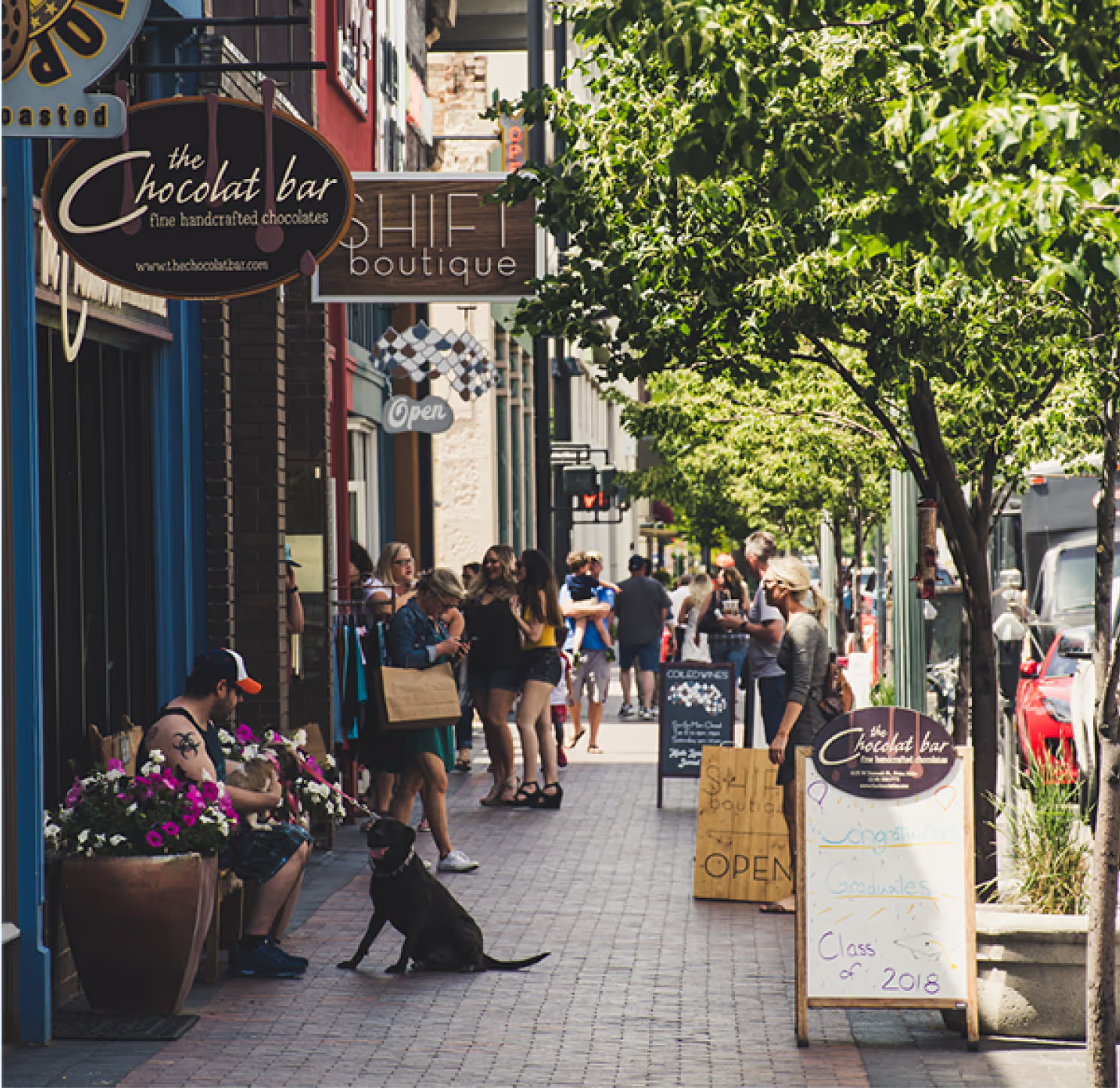I was running late, panic setting in as I stared at my phone outside the Pinebluff, Arkansas conference center. My flight home was in two hours, Little Rock airport was 100 miles away, and the Uber app was showing me exactly what I'd feared: zero drivers available. None. I had an important family engagement back home that I absolutely could not miss.
Big city solutions had failed me. I was stranded in a town of 1,200 people with no backup plan.
That's when I swallowed my pride and walked into the conference center office. "Any chance you know how I might get to Little Rock airport?" I asked, probably looking as desperate as I felt.
The center director didn't hesitate. "Hop in my car," he said, grabbing his keys. "I'll drive you."
For the next 100 miles, as Arkansas countryside rolled past the windows, he refused every offer I made to pay for gas, for his time, for anything. When I finally asked why he'd drop everything to help a complete stranger, his answer stopped me cold: "That's what we small town folk do. We take care of each other."
I made my flight. More importantly, I learned my first lesson about rural America: you're never really stranded when the whole community operates like family.

The Untold Truth About Rural Entrepreneurship
Fast forward to last week, landing in Great Falls for the IEDC Rural Retreat. Same story—no ride-sharing apps, but the same instant community embrace. And in that moment of déjà vu, something clicked about what makes rural America the most underestimated entrepreneurial ecosystem in the country.
This isn't a limitation. It's a superpower.
While urban entrepreneurs pitch to raise their next round, rural entrepreneurs are already building revenue. While city startups burn through millions finding product-market fit, rural businesses know their market intimately—because they live next door to their customers. While tech companies scale teams to handle growth, rural entrepreneurs scale through resourcefulness and grit.
McKenzie Dial-Fritscher captured it perfectly: "On a farm, if you don't milk the cows, the cows don't get milked." But here's what she's really saying—in rural America, there's no corporate safety net to catch you, no venture capital to cushion failure, no army of specialists to handle what you can't. You solve problems yourself, or they don't get solved.
The Hidden Infrastructure of Innovation
At this year's Rural Retreat—themed "Rural Recharged: New Energy, New Possibilities"—400 of the most innovative rural economic development leaders are gathered in Great Falls, Montana. They're not just talking about supporting entrepreneurs; they're building the invisible infrastructure that turns rural potential into rural success.
But here's the challenge they face: rural entrepreneurship requires a different playbook. Traditional business incubators designed for urban markets miss the mark. Rural entrepreneurs don't need ping-pong tables and kombucha on tap—they need platforms that understand their reality.
They need technology that works when the nearest mentor is 200 miles away. They need resource maps that account for the fact that "local" might mean a three-county radius. They need program management that respects that their best networking happens at the diner counter, not a co-working space.
When Technology Meets Community Spirit
This is exactly why we built StartupSpace to serve rural communities differently. When the Iowa Economic Development Authority or Mississippi SBDC uses our platform, they're not just managing programs—they're extending their reach into communities that traditional business support never touched.
Our Resource Compass doesn't just list resources; it creates geofenced maps that help entrepreneurs in rural Montana find relevant support without driving to Denver. Our mentorship platform connects a cattle rancher turned tech entrepreneur with industry expertise, regardless of geography. Our program management tools let economic developers run comprehensive accelerators from their county courthouse offices.
But the real power isn't in the technology—it's in amplifying what rural communities already do best. The platform doesn't replace the personal touch that makes rural development work; it scales it.
The Next Chapter of the American Dream
I've watched urban entrepreneurs pivot from idea to idea, chasing the next trend. I've seen rural entrepreneurs take a single idea and build it into a generational business that employs half their town. I know which one I'd bet on for the long haul.
The future of American entrepreneurship isn't just being written in Silicon Valley boardrooms. It's being crafted in farm kitchens, small-town workshops, and rural co-ops where innovation means survival and community means everything.
The economic developers we are meeting with this week in Montana aren't just supporting businesses—they're nurturing the next chapter of the American dream. And when we give them technology that honors their values while expanding their impact, we don't just create successful businesses.
We create thriving communities. We preserve a way of life. We prove that in America, opportunity isn't limited by zip code.
The cows still need milking. But now, we're building the tools to help rural entrepreneurs milk them more efficiently, sell the milk more effectively, and maybe even teach the next generation of farmers how to revolutionize the entire dairy industry.
Rural America isn't waiting for permission to innovate. They're just waiting for the rest of us to catch up.






.png)
